Case studies
St. George’s, Preston, Lancashire
The neighbourhood
St George’s is a built-up area close to Preston city centre that has few open spaces within its boundaries. Accordingly, the quality of the street environment, and specifically of the back alleys in the neighbourhood, plays an important role in people’s everyday lives.
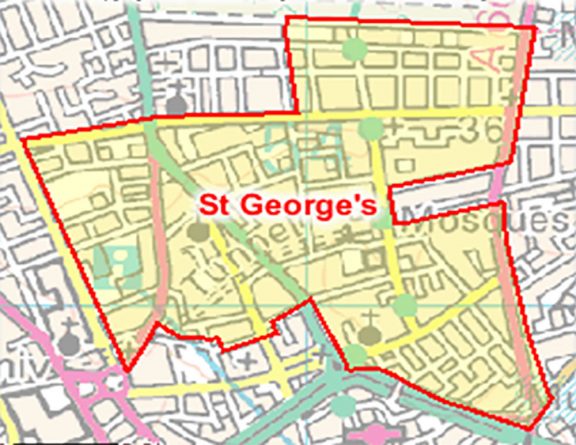
The neighbourhood players
The Neighbourhood Resilience Programme (NRP) in the St George’s neighbourhood was run by a local group (the Local Oversight Group) including residents, two civil society organisations, Community Futures and the Preston Muslim Forum, and local authority officers from Preston City Council and Lancashire County Council. The following organisations, and their representatives, were also involved: Let’s Grow Preston, local authority councillors, the Deepdale Counties Residents Association/Neighbourhood Watch, Lancashire Police, the Mill Bank Wellbeing Centre and the Preston North End Football Club. Seven Resident Advisers were involved in the NRP in its lifetime.
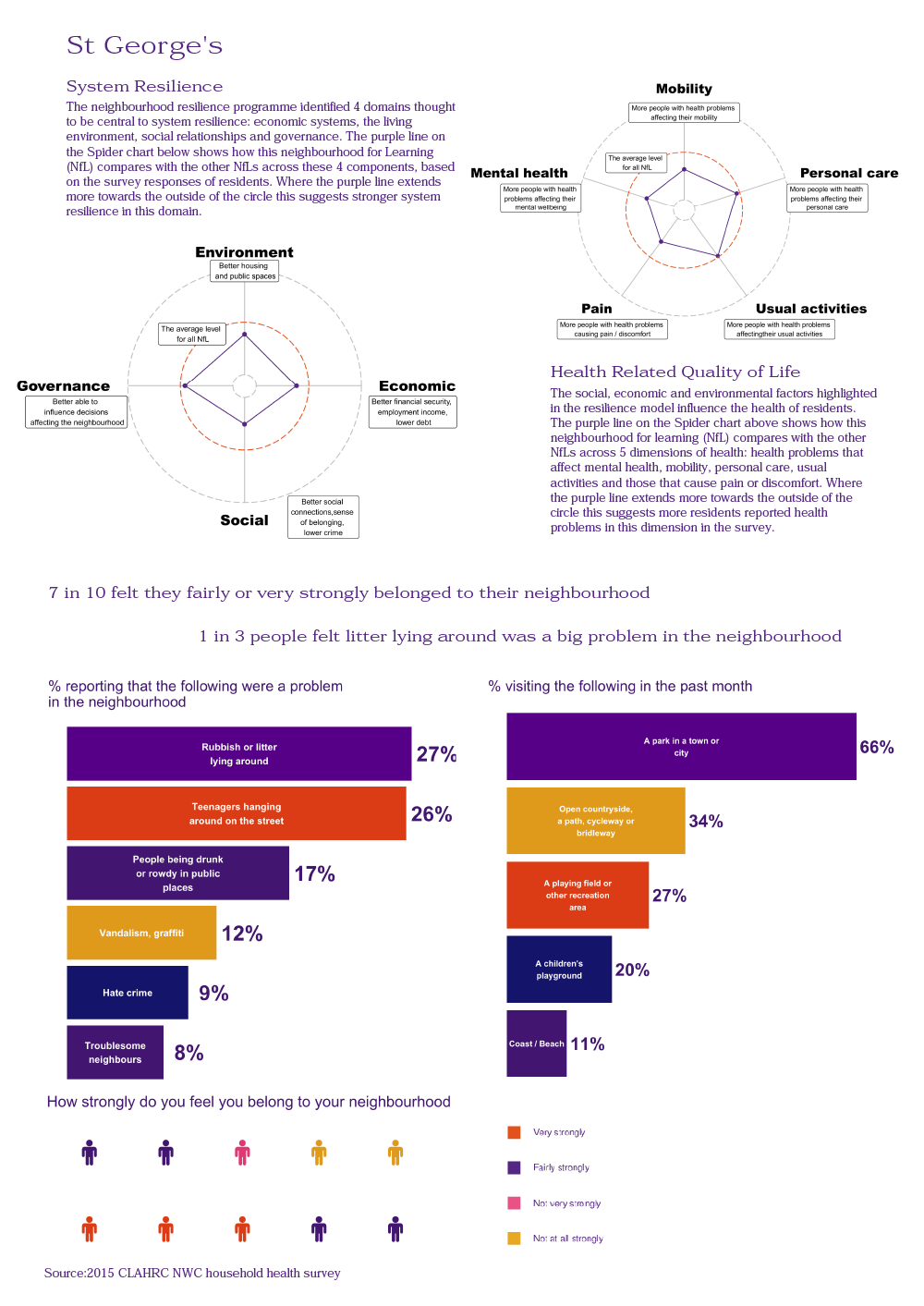
Implementation: enhancing systems resilience
Surfacing local concerns and identifying priorities for action
The LOG held events, between February 2017 and February 2018, for residents to talk about the positive aspects of living in the area and to identify concerns they wanted to address. The positive aspects included a sense of community, good transport links, and the proximity to the city centre. Concerns about the area revolved around the physical environment, including play spaces for children, personal safety, dog fouling, car parking, safe road crossings and the visual aspect of roads and alleys. Following these events, we decided that our primary aim would be to improve the living environment in the area.
Mobilising knowledge
Resident-led participative enquiry on play spaces for children and local journeys undertaken by children
The local, participative events led to an enquiry, conducted between May and July 2018, by the Resident Advisers and supported by the Academic Leads. The Resident Advisers, using questionnaires, spoke to people who lived in St George’s about two issues, play spaces and local journeys. Information was collected on play spaces used by more than 100 local children and on local routes used by more than 50 people. Data from the questionnaires was analysed by Lancashire County Council’s Community Projects team.
Taking action
The results were presented and discussed at a LOG meeting in August 2018 which was followed, the next month, by a meeting focussed on suggestions for actions for change. The LOG decided in September 2018 to focus on transforming one of the back alleys in the area to make it attractive for adults to meet and for children to play.
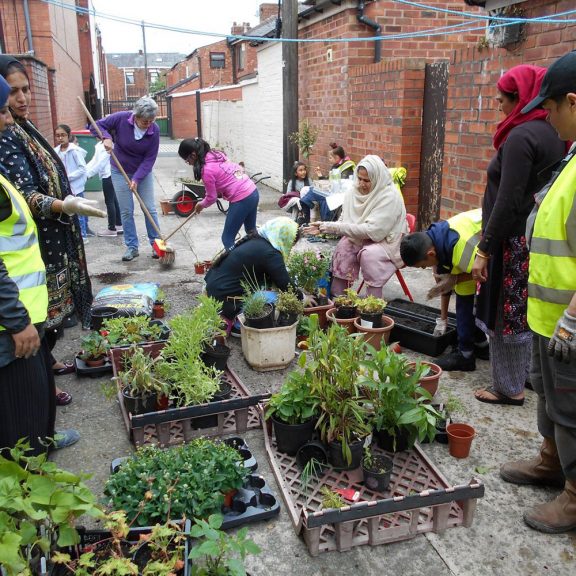
Tacking action: transforming a disused back alley
1. ‘Alley Proud’: returning a disused back alley to conviviality
The area’s built environment included a large number of alleyways. A number of them had accumulated domestic and urban waste and were unsuitable for any kind of communal use. Resident Advisers first identified the alley they would like to transform. They engaged with the residents of the houses backing on the selected alley and invited them to a session exploring different ideas. This session was attended by 14 residents. Following that, residents were invited to a day of action, which took place in June 2019. On the day, more than 25 residents alongside a community organisation called ‘Let’s Grow Preston’ cleaned the alley and added plants and street furniture, such as benches. Through the alley transformation work, residents gained a welcoming space to socialise with their neighbours while at the same time building links with local agencies, developing their interest in growing flowers, fruit and herbs, and enhancing play spaces for their children. The new alleyway offered an alternative to the pavement on the side of a busy road with its associated hazards as a space to play for the children whose houses had front doors that came out on a busy road.
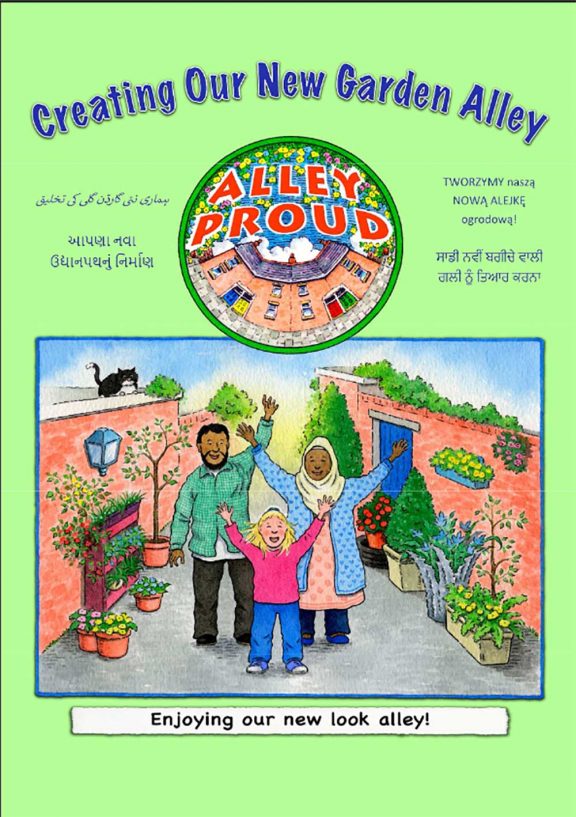
Taking action: documenting the work and improving road safety
Documenting the work and creating resources for others to use
The LOG members chose the title ‘Alley Proud’ for this work. In order to help scale it, this intervention was documented with the help of a ‘visual minutes’ agency into a pictorial booklet and poster describing the steps taken to implement it and giving more ideas about what else interested parties might do. Following the project’s completion, the residents involved in this project had conversations with people whose houses backed into different alleyways and who might want to replicate the work done. The booklet and the poster were printed and distributed locally with the help of Lancashire County Council.
2. Improving road and pavement safety
Residents identified a road they wished to make safer for pedestrians. The road lacked a zebra crossing and motor vehicles were often moving faster than the speed limit. Through the LOG, posters with the “20mph speed limit” written on them were sourced and residents put them up on all available spaces that were visible from the road, including on rubbish bins. The new, abundant signage was thought to have contributed to drivers reducing their speed.
Pavement surfacing defects were identified as a hazard to children. They were reported to the local authority and repaired. The fallen leaves of street trees and the cleaning schedule of the pavements and roads contributed to problems for residents including blocked streets drains, tree roots damaging pavements and the size of trees affecting the nearby houses. Actions were taken for the issues to be reported and the local authority responded by taking action.
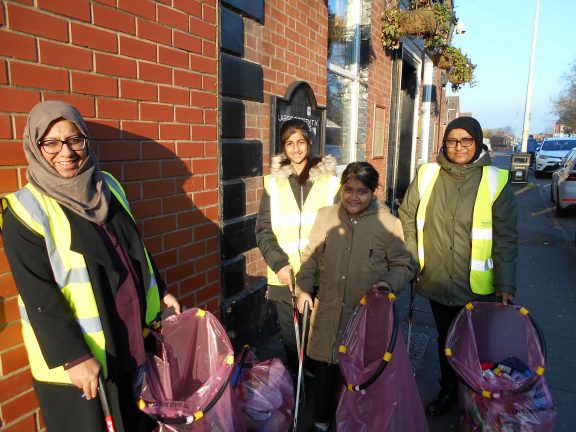
Tacking action: Community Clean-ups and a community newsletter
3. Community clean ups
Following the resident-led enquiry, the Local Oversight Group made links with Preston City Council and a local residents’ association to develop a more systems-based approach to littering and fly tipping in the area. A community clean-up took place in November 2018. Fly-tipped items were removed and the local environment was improved by the intervention. The LOG also contributed alongside other partners to community litter picks and community clean-ups a number of which were linked to the Keep Britain Tidy Spring Clean Campaign.
4. Production of a community newsletter
Three newsletters published in May 2018, January 2019 and June 2019 reporting on the local work can be downloaded as PDF documents below:
St George’s Newsletter 1 – May 2018
St George’s Newsletter 2 – Jan 2019
St George’s Newsletter 3 – June 2019
Further positive impacts linked to the NRP in the area
Increased social connections between local residents
People involved in the local enquiry made contact with neighbours with whom they had not previously spoken.
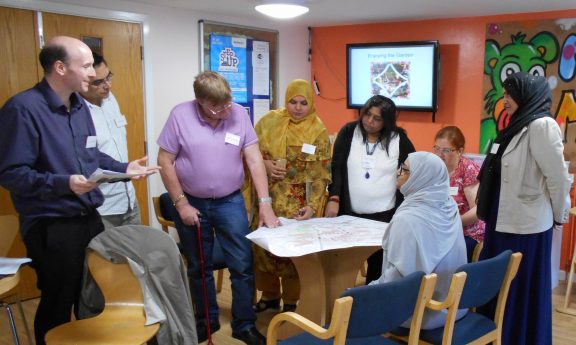
Increased connectedness continued and new projects emerging from the NRP
Increased connections between local residents and local organisations
The local authority had the opportunity to outline to residents its processes for dealing with fly-tipping, defects in pavements and problems caused by urban trees. The local authority took action to address a number of residents’ concerns. For example, a car speeding survey was undertaken and speed limit signs were put up in one road where residents had voiced concerns. A local councillor who attended LOG meetings invited LOG members to a then new multi-agency forum with a focus on drugs and knife crime. Taking part in the Cleaner Greener Spaces Learning Exchange event enabled residents and local organisations to share their work and build links with other initiatives. Residents developed a more detailed understanding of the role and responsibilities of local government.
Increased connections between local organisations.
Organisations made new contacts and started to talk about how they could maximise the use of local resources and bring together residents from different parts of the community.
New projects that emerged out of the NRP
A new residents association and a local councillor became keen to extend the Alley Proud project with Let’s Grow Preston and the clean-up activities with Preston City Council. The councillor attracted funds to finance this work.
Participating in the NRP gave Let’s Grow Preston the opportunity to build new connections. Out of these connections, a community consultation event was delivered by Let’s Grow Preston in November 2019. The event was intended to feed into a funding application to support the future of Let’s Grow Preston.
The Preston Muslim Forum intended to submit a funding application to support a new ‘neighbourhood management’ project so that residents could maintain and build on the established links with local services.
The Team
Resident Advisers: Humaira Ahmed Chaudhry, Saima Nawaz, Saiqa Zafar
Lead for Preston Muslim Forum: Rausha Kamal
Lead for Let’s Grow Preston: Annie Wynn
Local Authority Lead: Mark Reynolds
Academic Lead: Fiona Ward
COREN Organisation: Community Futures
Related Content
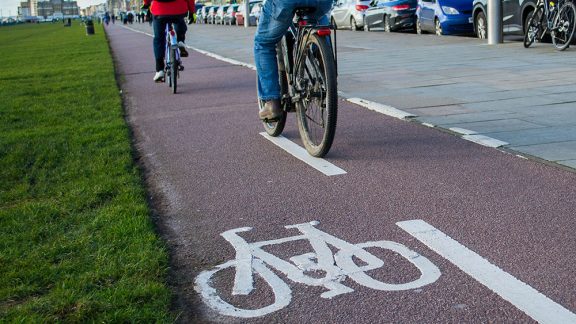
Related content
Lorem ipsum dolor sit amet, consectetur adipiscing elit. Nulla libero elit, viverra eget risus eu, posuere semper lorem. Lorem ipsum dolor sit amet, consectetur adipiscing elit. Nulla libero elit, viverra eget.
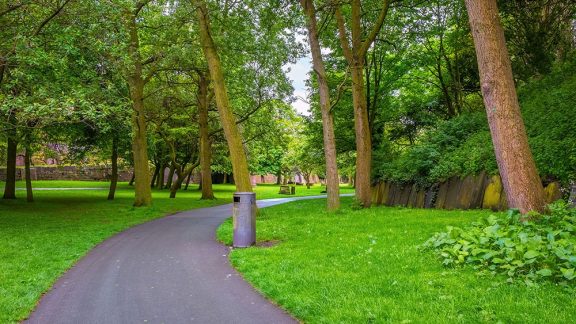
Related content
Lorem ipsum dolor sit amet, consectetur adipiscing elit. Nulla libero elit, viverra eget risus eu, posuere semper lorem. Lorem ipsum dolor sit amet, consectetur adipiscing elit. Nulla libero elit, viverra eget.
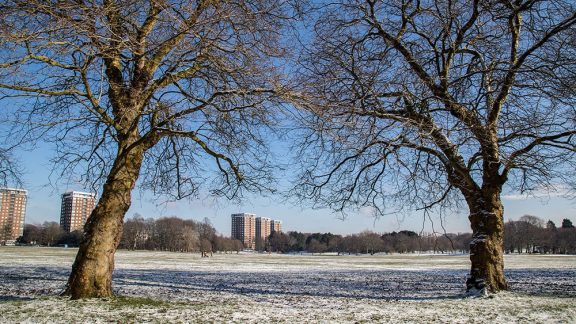
Related content
Lorem ipsum dolor sit amet, consectetur adipiscing elit. Nulla libero elit, viverra eget risus eu, posuere semper lorem. Lorem ipsum dolor sit amet, consectetur adipiscing elit. Nulla libero elit, viverra eget.